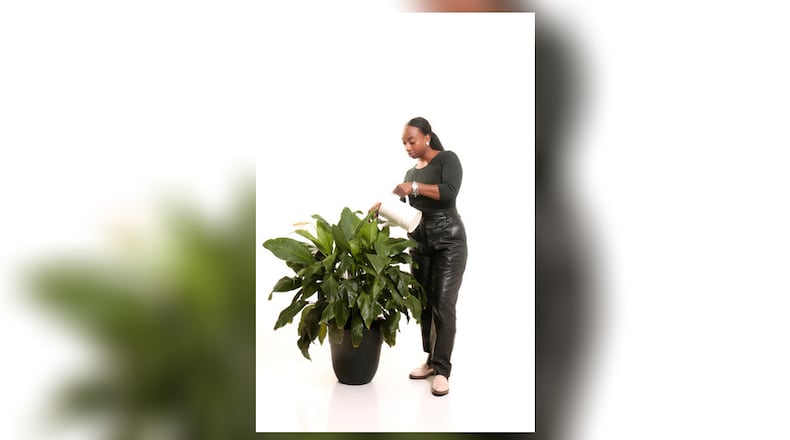My business helps mitigate the food and environmental injustices that affect BIPOC communities. We do this by directly sharing our expertise with community members. We support the adults of our community by offering no-cost, bi-monthly agriculture and environmental workshops. These workshops center home food production and environmental advocacy. We support our youth by partnering with local Dayton Public Schools to provide after-school and summer agriculture enrichment programming to students.
According to the U.S Department of Agriculture, Black Americans account for 1-2% of the Agriculture & Environmental industry. The advocacy work of iThrive ensures a Black voice is heard and represented regarding community sustainability solutions, which proves critical when serving Black communities.
My greatest inspiration is being fully aware of the radicalness of my mere existence. Because I study the history of my people and my lineage, I’m fully aware of the extent society has gone to eradicate people like me. I’m fully aware of the various racist systems and how they work. Because America has a fascination with the witnessing of brutal attacks against Black people, I’m also gently reminded every day by American media that a Black person being murdered. Because I know these things, I live my life very intentionally and radically. I make it a point to do things society says I’m not worthy or capable of doing.
For example, I make it a point to travel and explore national parks because surveys have shown Black visitors only account for 2% of national park visitation. That’s radical because most of my people never get the luxury of traveling and exploring. I make it a point to dream big because society has beat the imagination out of my people a long time ago. I pour into the youth of my community because I know they’re the future.
There’s an old African proverb that says, “If you want to go fast, go alone. If you want to go far, go together.” Meaning, one must have a village behind them to create real sustainable change.
My community members and I face the same set of systematic obstacles. Because of that, we understand and relate to one another differently than other groups. This mutual understanding makes us regard one another as family. We bring awareness to one another, surrounding the issues that plague us, then advocate for one another. Community means family, family means no one gets left behind or forgotten.
Jazmon Stewart is the CEO of iThrive and a Youth Gardening Educator for Scholars of H.O.P.E.
About the Author
